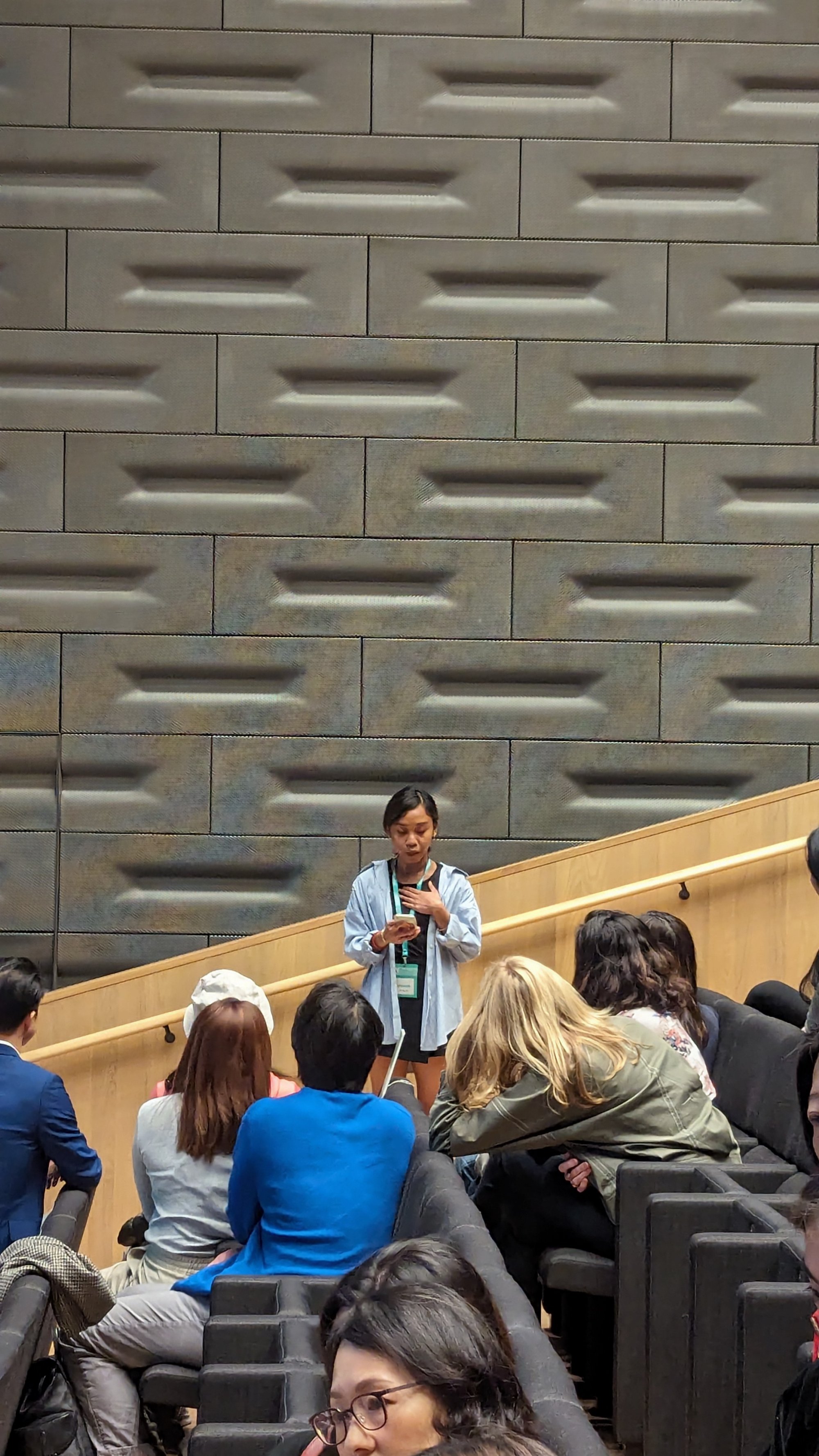How anxiety and depression raise the risk of 29 physical health conditions
How anxiety and depression raise the risk of 29 physical health conditions
“This means not just tolerating, but celebrating the diversity in sexual orientation, the diversity in gender identity and in sexual preferences. Celebrating all of that as normal variations of being human,” says Thiang.
In Hong Kong, many of the struggles around coming out are within the family, so people often feel safer coming out at work, especially if they work in a multinational organisation where progressive views are more accepted.
Thiang encourages LGBTQ supporters to affirm that person’s identity and cautions against falling into the trap of saying things such as, “You need to give your parents time. You’ve got to think about how difficult it is for your parents to come to terms with your identity.”

“As well-meaning as that could be, it actually puts the burden on that person who is struggling with their identity or to come out,” says Thiang.
Instead, acknowledge how difficult the situation is. You might say, “That’s a really awful situation. I’m sorry that you’re going through this.”
Overcoming ‘disconnectedness’
Kirsteen’s story

“My mentor said I should think about my five-year plan. I realised none of this makes sense if I don’t come out to my parents. I came out to them in a fast-food restaurant in the Philippines on the way to the airport. My mum asked me, and I thought, ‘It’s now or never’.
“I feel they were playing out scripts of movies they’d seen, saying, ‘We wish for your happiness’ and that kind of thing.’ But there’s a difference between tolerance and being affirming.
“For me, that was the final straw. I’d gone through so much emotional abuse from them. I thought, ‘I can’t handle this, I need some space’. That’s why I stopped talking to them.
‘Mentally collapsed’: gay ‘conversion therapy’ survivors in Hong Kong
‘Mentally collapsed’: gay ‘conversion therapy’ survivors in Hong Kong
“It wasn’t easy. I was on a roller coaster. I love my family. If I cut off from my parents, does that mean I also have to cut off the rest of my family which is really important to me? I had to find mental health support for that.
“I found a therapist who specialises in LGBTQ and family issues and that really helped a lot, but it is expensive and hard to maintain.”
What she’s learned
“Coming out isn’t a one-time thing, it’s a continuous process. There will be little moments – someone asking, ‘Do you have a partner?’ [and answering] ‘My partner is a girl’. Or big moments, like telling your family.”
It is very important to find your support network, Kirsteen says.
“You will have to go through the ups and downs of people saying things that will trigger you. It’s important to have those people around you to affirm who you are and make sure that you always feel like yourself and you are maintaining that authenticity.”
Overcoming anxiety, depression
People labelled her “strange” and “shy”. She believed these traits were intrinsic to being a creative person.
University life intensified the pressure. She juggled her demanding studies and part-time jobs. Then, on a crowded Hong Kong subway train, she experienced her first panic attack. That pushed her to seek counselling and learn to manage her anxiety.

Years later, working as a graphic designer in a high-stress environment, her well-being began to crumble.
Mina’s story
“During a night out, I was picked up by a stranger and experienced sexual assault. This was a tipping point for my mental health.

“I became very angry and distrustful of the world. Those feelings became directed to the people around me, my colleagues, parents, and friends. My moods became very intense and sometimes disproportionately explosive.

“I found it hard to get up for work and couldn’t find joy in the simplest things because I thought, ‘What was the point?’”
Mina’s recovery
“I knew I was experiencing symptoms of depression, so once again I sought therapy. It was there where I started learning about my disorder and taking actionable steps.
From coach to psychiatrist – how to find the right therapist for you
From coach to psychiatrist – how to find the right therapist for you
“I slowly learned what it means to honour my feelings and emotions. I’m continuing to learn how to trust, but I’m much better than I was before. I’m no longer shy, no longer awkward.
“I’m becoming better at managing my emotions in the workplace without it being detrimental to those around me, and I’m creating art outside of work again.”
